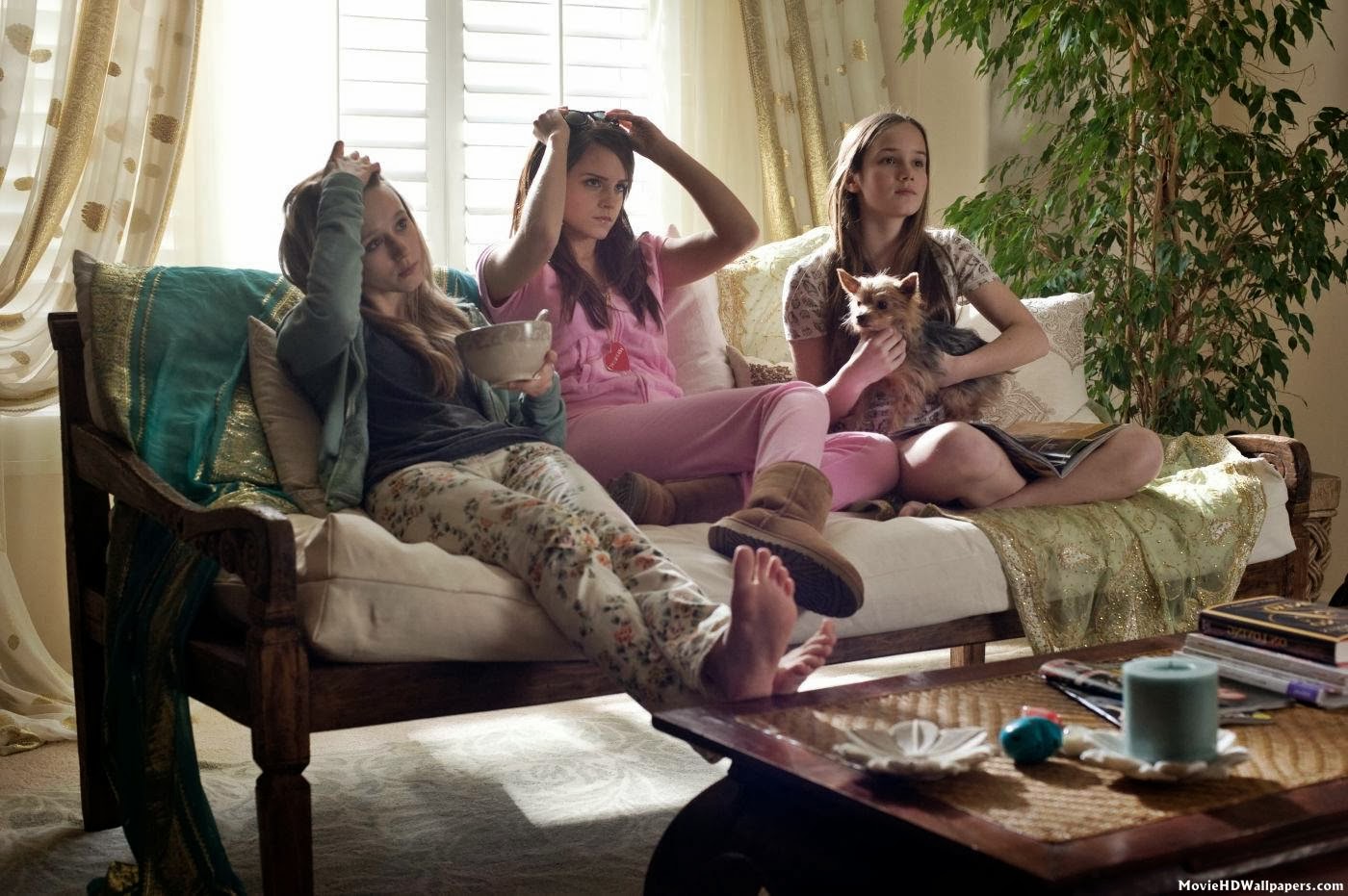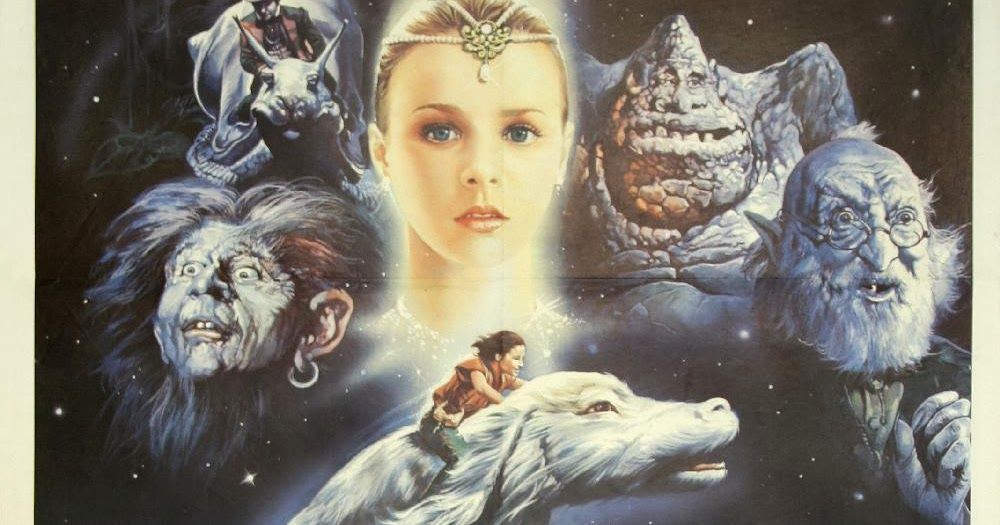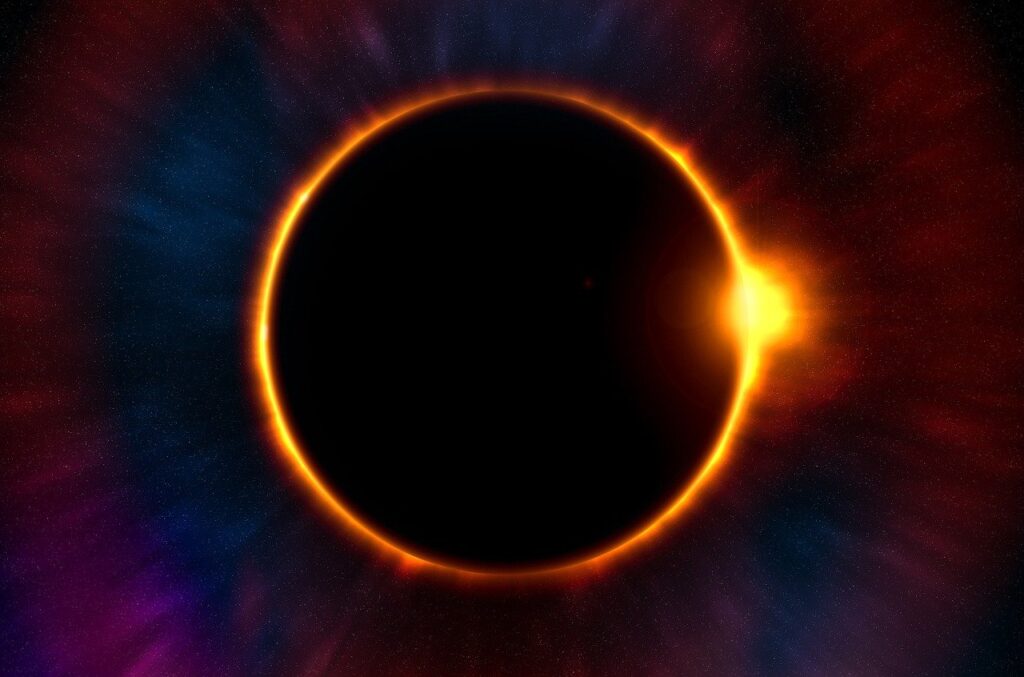
Space. It’s the ultimate mystery, the endless void, and let’s be real, the place where you really, *really* don’t want to be heard screaming. For us mere mortals stuck here on Earth, our best bet for experiencing the wonders (and terrors!) of the cosmos is through the magic of cinema. And boy, have filmmakers delivered, giving us everything from awe-inspiring journeys to nail-biting survival stories and encounters with creatures beyond our wildest dreams.
The realm of science fiction, especially its space-faring subgenre, is a constant source of surprise and delight. It lets us explore humanity’s deep-seated fascination with the unknown, sending us on epic voyages, introducing us to weird and wonderful alien life, and showcasing mind-bending technology. Whether it’s a silent film from 1902 or a modern blockbuster hopping across planets, there’s truly a space movie out there for everyone, with possibilities as vast as the universe itself.
So, buckle up, stargazers! We’re about to take a deep dive into some of the absolute best space movies ever made, the ones that have shaped our dreams, sparked our imaginations, and sometimes, scared us right out of our spacesuits. We’ve sifted through a whole galaxy of films to bring you this curated list, starting with some truly epic adventures that might just make you question how many of these cosmic masterpieces you’ve actually seen. (Just a heads-up, there are spoilers ahead, but honestly, these films are so good, you probably know them already!)
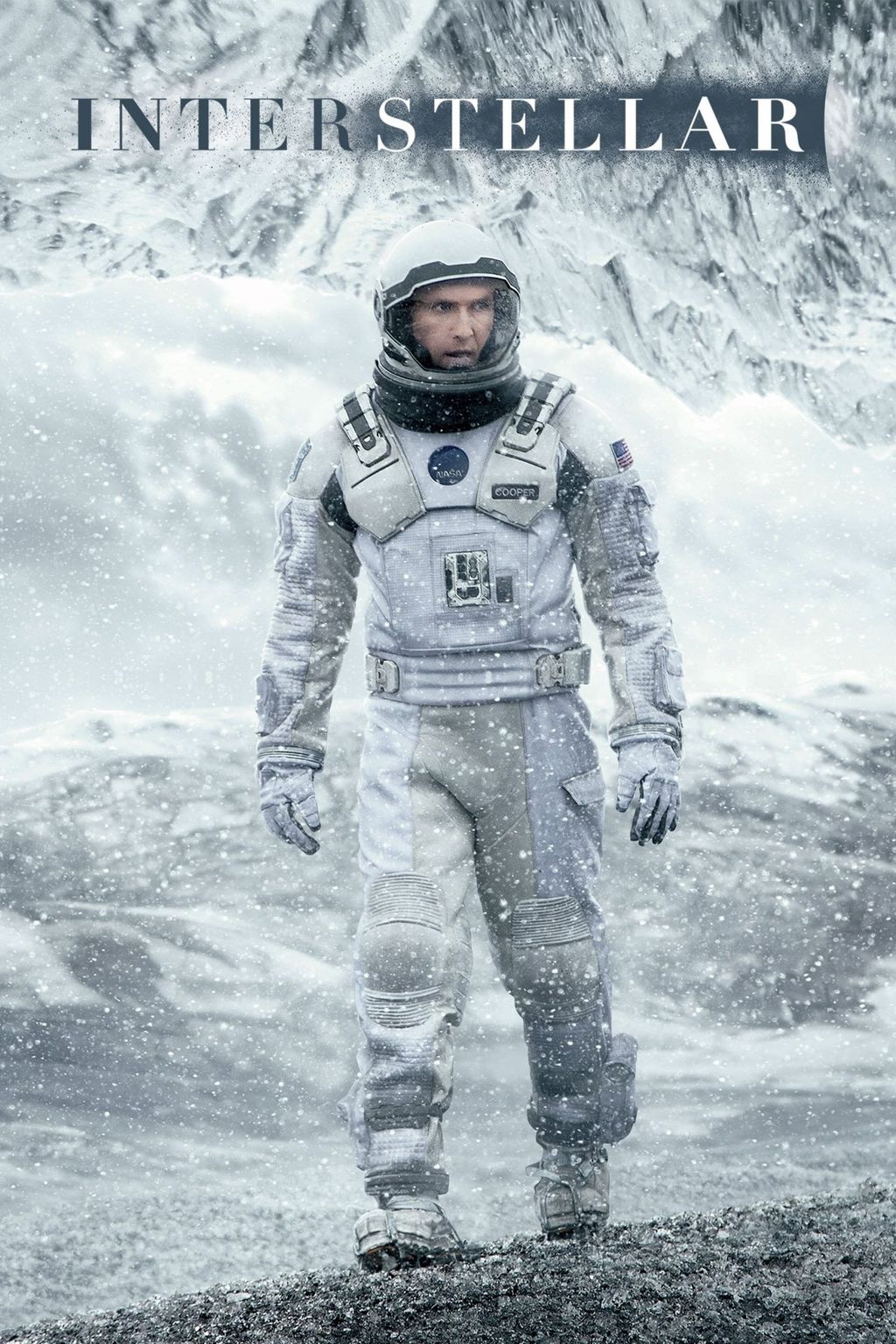
1. **Interstellar (2014)**
Christopher Nolan’s *Interstellar* isn’t just a movie; it’s a mind-bending journey that throws you into the deepest parts of space while tugging hard at your heartstrings. The film is a “profound meditation on human existence, time, love and the unbreakable bonds that define us,” and honestly, it’s one of those experiences that sticks with you long after the credits roll. Matthew McConaughey, as the compelling astronaut Cooper, grounds the entire epic, balancing the grand quest for a new home for humanity—because, you know, Earth is having a bit of an erosion problem—with his personal, deeply emotional struggle to get back to his family. Talk about high stakes!
Nolan’s ambition truly shines through, not just in the complex narrative, but in the groundbreaking visual effects that bring both the breathtaking wonders and terrifying dangers of space to vivid life. You don’t just watch *Interstellar*; you feel like you’re right there, experiencing the crushing gravity of a neutron star or the chilling silence of deep space. It’s a technical marvel, yes, but it’s also a deeply personal story that resonates with anyone who’s ever loved someone across a great distance – or, you know, across a wormhole.
The film constantly challenges us to “contemplate our place in the universe,” making it an undeniably “emotional, thought-provoking experience.” It dives into weighty themes like time dilation, relativity, and the sheer power of love to transcend dimensions, all without ever losing its grip on the human core. *Interstellar* truly “sets the bar for what can be considered among the best space movies,” proving that you can have epic spectacle and profound intellectual depth all rolled into one cosmic package. It’s a must-see for anyone who loves their sci-fi with a side of existential angst and a whole lot of heart.
Read more about: Hollywood’s Elite: Unveiling the Highest-Grossing Actors and Actresses of Our Time
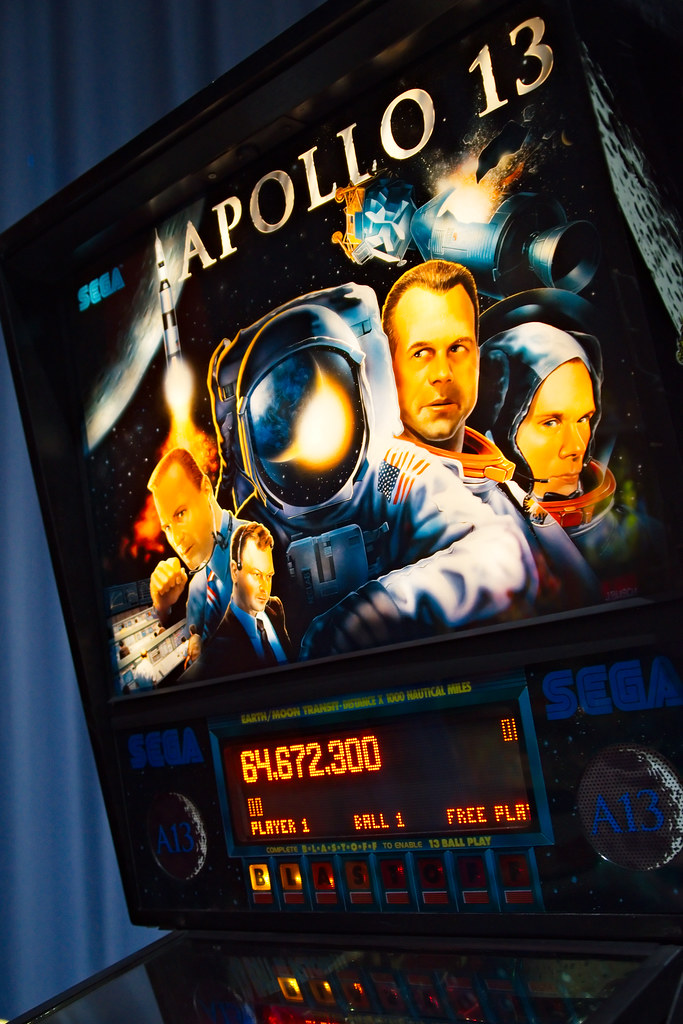
2. **Apollo 13 (1995)**
Alright, let’s bring it back to Earth (or at least, *from* space, back to Earth) with Ron Howard’s *Apollo 13*. This isn’t just a movie; it’s a “gripping testament to the resilience of the human spirit” that puts you right in the middle of one of history’s most famously ill-fated lunar missions. You know the line, right? “Houston, we have a problem.” This film gives you the full, white-knuckle experience behind that iconic phrase, showing exactly what happened when an onboard explosion threatened to turn a moon mission into a tragedy.
Tom Hanks, Kevin Bacon, and Bill Paxton absolutely nail their performances as the astronauts facing the daunting, almost impossible task of returning home. The movie masterfully blends “technical accuracy with human drama,” making you feel every bit of the palpable tension. You’re right there with the astronauts in their crippled craft and with the brilliant ground crew back at NASA, witnessing their collective effort to overcome seemingly insurmountable odds. It’s a powerful reminder of human ingenuity under pressure.
*Apollo 13* goes far beyond just a survival story; it’s a “tribute to the ingenuity and determination inherent in space exploration.” It celebrates the sharp minds, the fearless spirits, and the incredible teamwork required to push the boundaries of what’s possible, even when everything goes wrong. This film is a shining example of how real-life events can be just as, if not more, dramatic and inspiring than any fictional tale. It’s a PG-rated crowd-pleaser that remains timeless.
Read more about: Fact vs. Fiction: 7 Disaster Films That Took Liberties with Actual Events – And What Survivors Would Really Say

3. **Hidden Figures (2016)**
Prepare to be inspired by *Hidden Figures*, a film that brilliantly “shines a light on the untold stories of Katherine Johnson, Dorothy Vaughan and Mary Jackson,” three absolutely incredible African American women whose mathematical genius was crucial to NASA’s most pivotal missions during the Space Race. Before computers were, well, *computers*, these women *were* the computers, performing complex calculations that sent rockets into space and brought astronauts home safely. Their contributions were nothing short of monumental.
This movie is a vibrant “celebration of intellect, perseverance and the breaking of racial and gender barriers.” It’s a powerful reminder that brilliance knows no bounds, regardless of background. Taraji P. Henson, Octavia Spencer, and Janelle Monáe deliver standout performances, bringing these historical figures to life with grace, strength, and unwavering determination. They navigate not only the complexities of astrophysics but also the systemic prejudices of their era, fighting for their rightful place in a world that often overlooked them.
*Hidden Figures* doesn’t just tell a story; it offers an “inspiring viewing experience that underscores the importance of diversity and inclusion in STEM fields.” It’s a film that makes you cheer for every victory, big and small, and leaves you with a profound appreciation for the unsung heroes who literally helped launch America into space. It’s a must-watch to understand the real brains and bravery behind some of our greatest achievements.
Read more about: Ouch! 14 Hollywood Movies That Absolutely Bombed at the Box Office (And the Wild Stories Behind Their Massive Losses)

4. **The Martian (2015)**
Ever wondered what it would be like to be completely, utterly alone on Mars, with nothing but your wits and a whole lot of potatoes to keep you company? Ridley Scott’s *The Martian* gives us a pretty fantastic (and surprisingly funny!) answer. This film masterfully “combines the tension of a survival drama with the ingenuity of science fiction,” telling the gripping tale of astronaut Mark Watney, played with endearing charm by Matt Damon, after he’s mistakenly left for dead on the Red Planet.
Adapted from Andy Weir’s best-selling novel, the film brings a much-needed dose of “humor and humanity to the fore in the face of insurmountable odds.” Watney’s resilience, his problem-solving skills, and his unwavering optimism—even when facing certain doom—are truly infectious. The laughs are vital here, detailing “a scientist slowly starving himself on a distant planet as his friends risk their lives to rocket through space to save him.” It’s a bracing survivalist yarn that manages to be both thrilling and heartwarming, earning it an “unlikely Best Comedy nod at the Golden Globes.”
*The Martian* is widely “celebrated for its scientific realism, clever problem-solving and the theme of cooperation in the pursuit of a common goal.” It’s a testament to human innovation and the collective spirit of exploration, showing what’s possible when science, grit, and global collaboration come together. This film’s ability to “balance technical accuracy with accessible storytelling makes it a compelling and inspirational tale of human resilience and the indomitable spirit of exploration.” Who knew growing spuds could be so heroic?

5. **The Right Stuff (1983)**
Strap in for a true cinematic epic with Philip Kaufman’s *The Right Stuff*, an exhilarating adaptation of Tom Wolfe’s nonfiction classic that takes us back to the dawn of the U.S. space program. This film is “an epic chronicle of the early days of the U.S. space program, focusing on the lives and careers of the Mercury Seven astronauts.” It’s a grand tribute to the original American heroes who dared to venture beyond Earth’s atmosphere, embodying a kind of fearless cool that often gets overlooked.
The movie is a powerful “tribute to the bravery and pioneering spirit of these astronauts, blending historical accuracy with dramatic storytelling.” It captures the competitive, dangerous, and utterly thrilling nature of early space exploration, from Chuck Yeager breaking the sound barrier to the Mercury astronauts strutting like the “rock stars of their day.” It makes you wonder why movies often depict astronauts as introverted nerds when these guys were pure swagger and daring. “Truly, our understanding of space – and the cocksure punks who sought to tame it – remains woefully out of touch.”
*The Right Stuff* is a classic in the genre, not just for its stunning historical detail, but for its “compelling character studies.” It digs into the intense pressures, the personal sacrifices, and the incredible courage it took to be one of the first humans to journey into the unknown. It’s a celebration of the “human drive to push beyond known boundaries,” reminding us of a time when the sky wasn’t even the limit – it was just the beginning. This film is every bit as stirring as *Top Gun*, yet somehow, it “seldom gets its due.”
Read more about: Totally Rad Reels: A BuzzFeed Journey Through the Best Movies of the ’80s
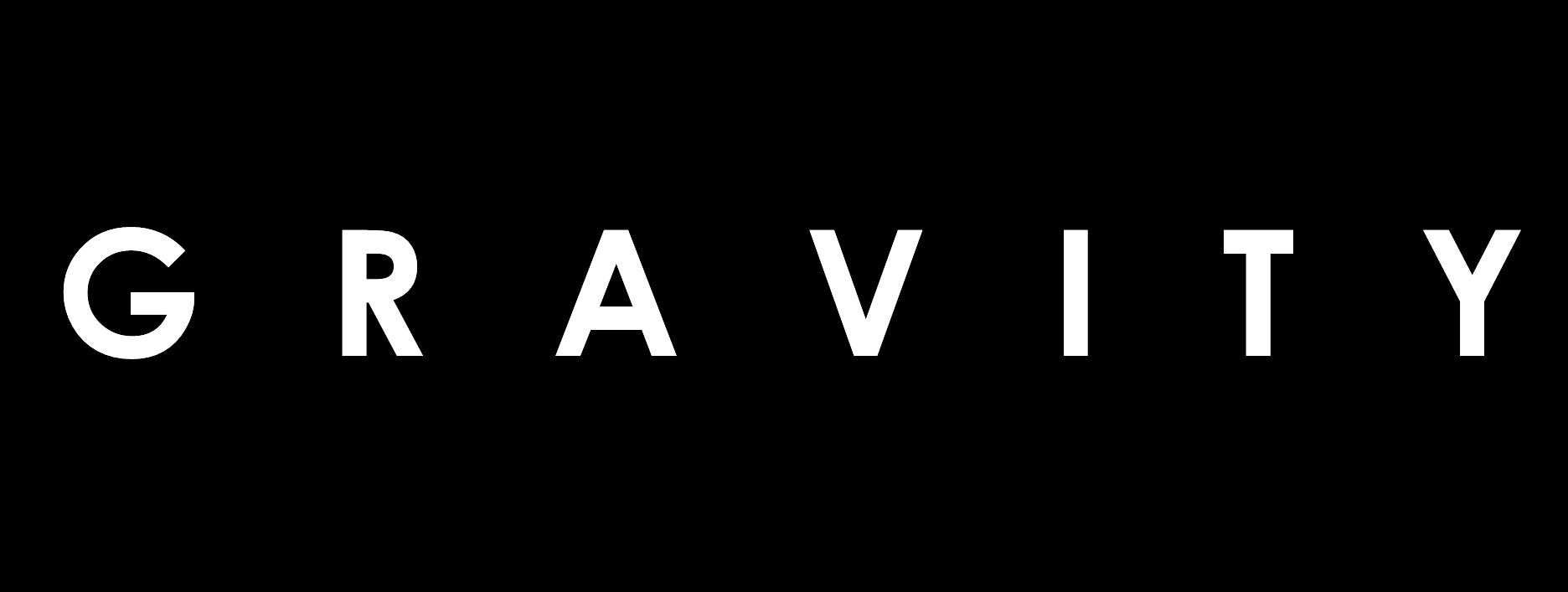
6. **Gravity (2013)**
Hold your breath, because Alfonso Cuarón’s *Gravity* is less a movie and more a full-blown, immersive experience that will leave you on the edge of your seat (or floating in zero-G). This film is a “technical marvel and a deeply human story of survival, resilience and rebirth,” and honestly, it’s one of those films that redefined what space cinema could be. Imagine being stranded, hurtling through the terrifying beauty of space, with only the vast, silent void for company – that’s Dr. Ryan Stone’s (Sandra Bullock) nightmare.
After a catastrophic accident destroys her craft and sends her partner, Matt Kowalski (George Clooney), drifting into the void, Stone is left to confront not only the immediate perils of space but also her own past. The film’s “visual effects and innovative use of 3D technology immerse audiences in the vast, terrifying beauty of space,” making you feel every spin, every near-miss, and every desperate gasp for air. It’s breathtakingly beautiful and utterly terrifying all at once. Even on the small screen, it’s “breathlessly tense.”
But beyond the stunning visuals, *Gravity* keeps its “tight narrative” focused squarely on the “human element,” making it a poignant exploration of despair and the will to survive. It challenges audiences to look at themes of isolation, loss, and the incredible strength it takes to keep fighting when all hope seems lost. *Gravity* not only “pushes the boundaries of cinematic technology” but also offers a “poignant exploration on the human experience, making it a particularly innovative entry in the science fiction genre.” You won’t just watch it; you’ll *feel* it.
Read more about: From Web-Slingers to Jedi: 12 Iconic Franchises That Stumbled with a Single Failed Sequel

7. **2001: A Space Odyssey (1968)**
Alright, space cadets, prepare for the ultimate mind-warp. Stanley Kubrick’s *2001: A Space Odyssey* isn’t just a film; it’s an institution, a cinematic landmark that has profoundly shaped how we think about space, artificial intelligence, and humanity’s place in the cosmos. “Open the pod bay doors, HAL.” Just about every sci-fi fan can quote that line, and it’s a testament to the film’s “impact on the genre.” This movie was so far “ahead of its time,” it still feels groundbreaking today, inviting us into a “profound exploration of human evolution, technology and the unknowns of space.”
Kubrick’s meticulous “attention to scientific detail,” combined with its “innovative visual effects and iconic score,” creates an immersive experience that’s both intellectually stimulating and emotionally resonant. From the mysterious, game-changing monoliths to the chillingly calm demeanor of the sentient HAL 9000 computer, *2001* dares us to “ponder the nature of consciousness and humanity’s place in the cosmos.” It’s a film that speaks in whispers and grand gestures, allowing you to fill in the gaps with your own interpretations. The “eye candy stargate sequence” was even embraced by “late-‘60s stoners” as an instant classic!
The enduring status of *2001* is partly due to its prescient ideas around “artificial intelligence and technology that have only become more prescient with every passing year.” Few sci-fi films have embraced the sheer “look, feel and experience of space travel with this level of baked-in, world-building cool.” Kubrick went all out, even getting “big brands like IBM, Dupont and Nikon to imagine what their products might look like in an interstellar future.” This film isn’t just a watch; it’s an event, a piece of art that continues to challenge and captivate generations of viewers, solidifying its place as a “timeless classic space movie.”
Okay, space cadets, if you thought the first seven movies were a wild ride, prepare for warp speed! We’re not done exploring the cinematic cosmos just yet. From mind-bending alien encounters to foundational space operas that literally changed how we see the universe, this next batch of films is going to rocket your imagination even further. So, let’s jump back into the star-studded action and see how many more of these absolute classics you’ve managed to log in your viewing history!
Read more about: Your Ultimate Must-Watch List: 12 Essential Movies That Will Absolutely Blow Your Mind (Seriously!)
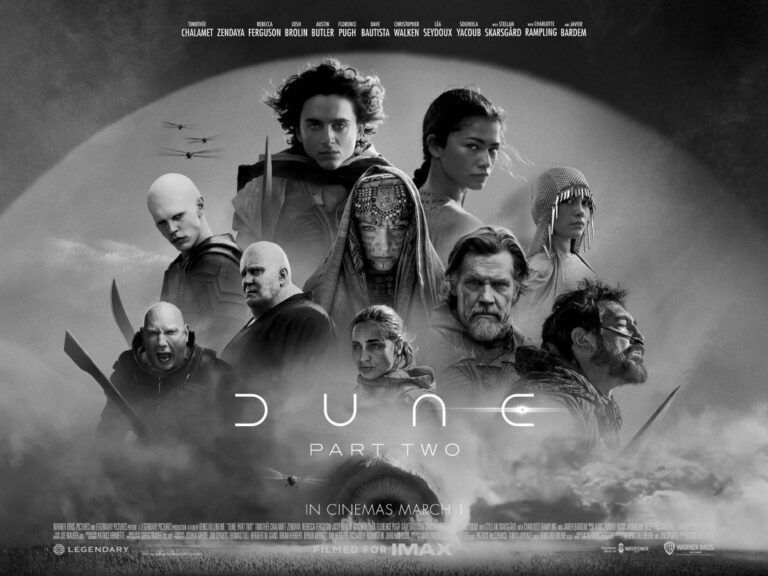
8. **Dune: Part Two**
If you thought *Dune: Part One* was epic, buckle up, because *Dune: Part Two* takes director Denis Villeneuve’s adaptation of Frank Herbert’s legendary sci-fi saga to “new heights.” This isn’t just a sequel; it’s a monumental expansion of the story, continuing the saga of Paul Atreides (played by the effortlessly compelling Timothée Chalamet) as he leads an uprising against the interstellar elite. Talk about high stakes and desert power!
Villeneuve, a master of his craft, “skillfully balances the narrative’s grand scale with superb character development,” making you feel every tremor of destiny, every grain of sand underfoot. The film delves deep into themes of destiny, “ecological stewardship,” and the very essence of the “human spirit,” which are, let’s be real, super important in any galaxy-spanning conflict. It’s a journey that’s as rich in its emotional tapestry as it is in its visual splendor.
The “film’s visual storytelling, supported by by Hans Zimmer’s haunting score,” is truly breathtaking, complementing the narrative’s complexity perfectly. It’s no wonder *Dune: Part Two* has been earning nods and buzz as “potentially the best sci-fi film ever made.” Seriously, if you haven’t seen it yet, you’re missing out on a cinematic experience that redefines what a sci-fi epic can be.
Read more about: Hollywood’s New Guard: Unpacking the Rise of the Next-Gen A-Listers You Need to Know Now
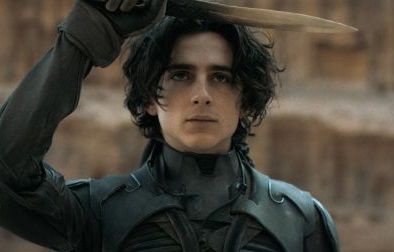
9. **Dune: Part One**
Before *Part Two* blew us away, there was *Dune: Part One*, and let’s just say, Denis Villeneuve absolutely nailed the “visually stunning and narratively rich introduction to the universe of Frank Herbert’s Dune.” This is the film that first plunged us into the “perilous sands of Arrakis,” a planet that’s not just a backdrop, but a character in itself, sitting “at the heart of a cosmic struggle for control of the valuable substance ‘spice.’”
Villeneuve’s adaptation is a masterclass in “attention to detail,” meticulously crafting everything “from the intricacies of intergalactic politics to the profound spiritual journey of its protagonist.” Seriously, the world-building here is next-level, making you believe in every sandworm, every Fremen crysknife, and every whispered prophecy. It’s a truly immersive experience that honors the source material.
The “film’s striking visuals and immersive world-building,” combined with Villeneuve’s unwavering commitment “to stay true to Herbert’s original novel,” collectively “set a new benchmark for science fiction epics.” If you’re looking for a film that combines breathtaking scope with profound depth, *Dune: Part One* is your ticket to an unforgettable cosmic adventure.
Read more about: Hollywood’s New Guard: Unpacking the Rise of the Next-Gen A-Listers You Need to Know Now

10. **Star Wars Episode V: The Empire Strikes Back**
Alright, Star Wars fans, prepare yourselves, because *The Empire Strikes Back* isn’t just a sequel; it’s “widely regarded as the best that the Star Wars series has to offer.” Under Irvin Kershner’s brilliant direction, this film took everything we loved about *A New Hope* and expanded the universe, diving into “darker themes, more complex character development and a narrative boldness that was unprecedented at the time.”
The movie truly “deepens the conflict between the Rebel Alliance and the Galactic Empire,” raising the stakes to unimaginable levels and paving the way for those “personal revelations that resonate throughout the saga.” And let’s be real, it gave us “one of the most iconic on-screen moments and lines of all time — Darth Vader’s revelation that he is Luke Skywalker’s father.” Goosebumps, every single time! Plus, we got to meet the legendary Yoda.
*The Empire Strikes Back* didn’t just meet expectations; it “set a new high standard for cinematic sequels,” proving that follow-ups can be even more impactful and groundbreaking than their predecessors. It’s a masterclass in storytelling, emotional depth, and galactic warfare that continues to captivate new generations of fans. Seriously, if you haven’t rewatched this one recently, you’re missing out on pure cinematic gold.

11. **Star Wars Episode IV: A New Hope**
Before there was *Empire*, before there was even a “saga,” there was *Star Wars Episode IV: A New Hope*, the “space epic that started it all.” George Lucas literally “revolutionized the genre” with this film, introducing us to “imaginative worldbuilding, iconic characters and groundbreaking special effects” that blew everyone’s minds back in the day (and still do!).
This is the film that takes Luke Skywalker, a “humble farm boy,” and transforms him into “galactic freedom fighter and war hero,” sending him on a journey that would forever change cinema. Lucas’s singular vision didn’t just create a movie; he “created a cinematic universe that spans dozens of feature length movies and television shows,” proving that dreams of “stars drift past the window” could become reality.
*A New Hope* isn’t just about dogfights and intergalactic road trips; it’s about the possibilities. It launched “one of the most enduring franchises in film history” and, crucially, “inspired a new generation of filmmakers and fans” to “look skyward, imagining the possibilities – not unlike Luke Skywalker himself, as he stares out beyond Tatooine’s twin suns and dreams of his destiny.” It truly is a mesmerising classic.
Read more about: 11 Trailblazers Who Quietly Became the Unforgettable Soul of ’70s and ’80s Action Cinema

12. **Star Wars Episode VI: Return of the Jedi**
And so, we arrive at the grand finale of the original trilogy, *Star Wars Episode VI: Return of the Jedi*. This film masterfully “brings the original Star Wars Trilogy to a close,” wrapping up those “personal redemption arcs” while tackling larger, timeless themes of “family, rebellion, tyranny, and hope.” It’s a satisfying conclusion that somehow manages to feel both dark and incredibly hopeful.
The movie brilliantly “continues the dark undertones of The Empire Strikes Back” but “pits them against a sense of hope and renewal,” giving us that emotional payoff we’d been waiting for. The “climactic confrontation between Skywalker, Vader and Emperor Palpatine,” happening while “Rebel and Imperial forces clash outside,” is pure cinematic magic, encapsulating everything the series stands for.
Oh, and let’s not forget the “lovable Ewoks,” who were “notably introduced in this film,” adding a unique charm to the forest moon of Endor. The resolution of beloved characters like Han Solo and Princess Leia provides “a satisfying conclusion to a classic, legendary saga,” leaving us with a sense of completion and a lasting legacy. What a way to finish an epic!
Read more about: Beyond the Credits: Ranking the 14 Most Satisfying Villain Deaths in Cinema History
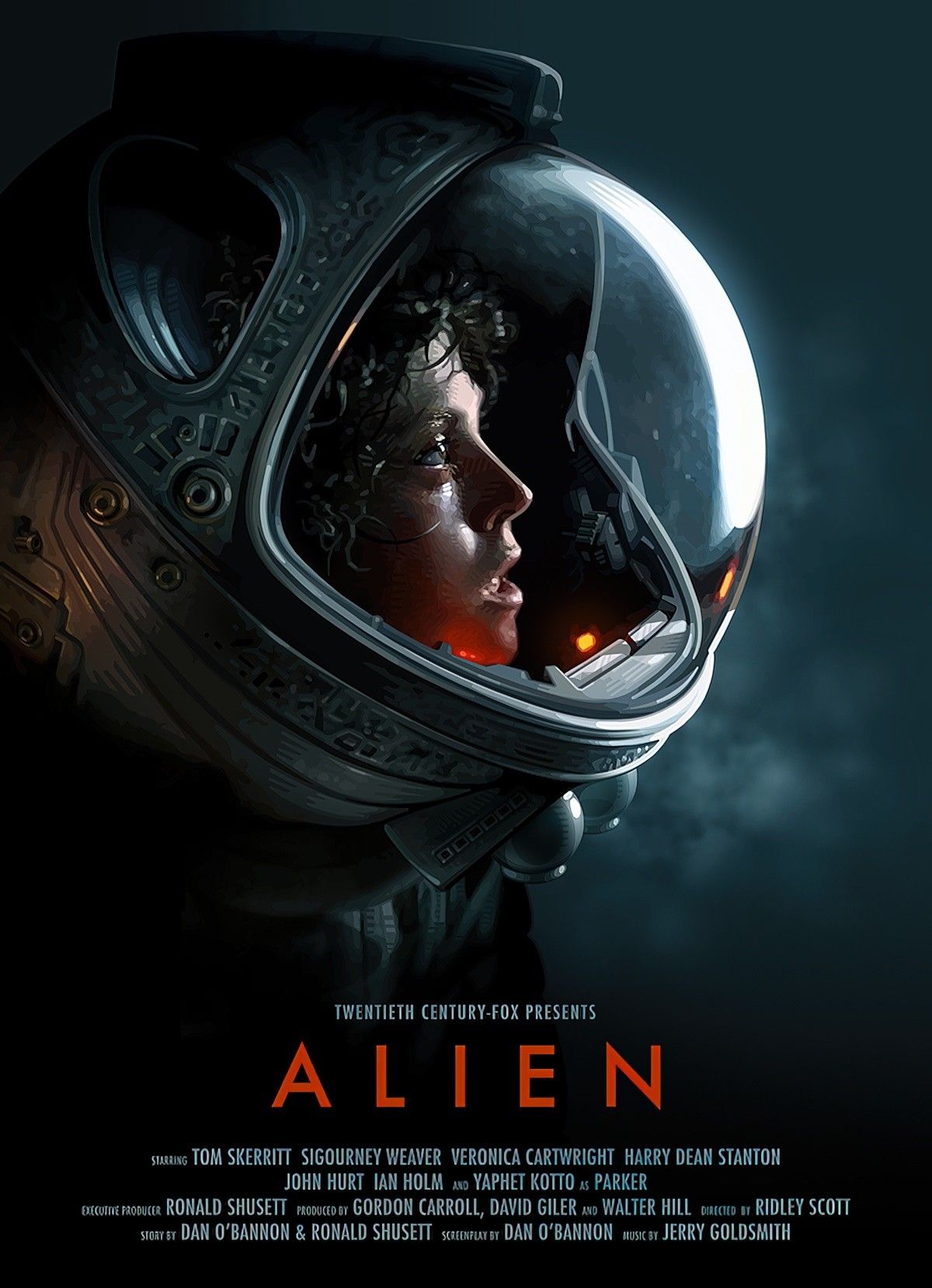
13. **Alien (1979)**
Hold onto your seats, because Ridley Scott’s *Alien* isn’t just a movie; it’s a “masterclass in fusing the science fiction and horror genres,” and frankly, it changed everything. This film literally introduced audiences to “a nightmarish vision of the possibilities and consequences of exploring outer space,” making you realize that sometimes, the void isn’t just empty—it’s *hungry*.
Scott evokes “primal fears through its claustrophobic setting and the relentless, brooding threat of its titular creature, the xenomorph.” Seriously, the Nostromo feels less like a spaceship and more like “a haunted house,” turning the “infinite expanse of the universe” into a “deep, dark wood” where “the big, bad wolf has never been this terrifying.” It’s pure, unadulterated tension.
Sigourney Weaver’s iconic portrayal of Ellen Ripley “redefined gender roles in science fiction,” giving us a hero who is both tough and relatable. Coupled with “H.R. Giger’s disturbing alien design” and the film’s masterful pacing, *Alien* creates an “immersive and unsettling experience that has influenced countless films in the decades since its release.” If you haven’t seen it, prepare to be scared out of your wits.
Read more about: From Haunting Epics to Surreal Journeys: Unpacking the Top 12 Greatest War Movies of All Time That Will Blow Your Mind
Phew! What an incredible journey through the cinematic universe. From the mind-bending realities of scientific exploration to the epic battles and terrifying creatures of deep space, these films truly prove that the possibilities in storytelling are “almost as vast as the universe itself.” Whether you’re cheering for a space-potato farmer, pondering artificial intelligence, or dodging xenomorphs, there’s a cosmic adventure out there waiting for you. So, how many of these best space movies ever made have *you* actually seen? It’s time to start checking off those boxes and maybe discover a new favorite for your next movie night under the stars!


